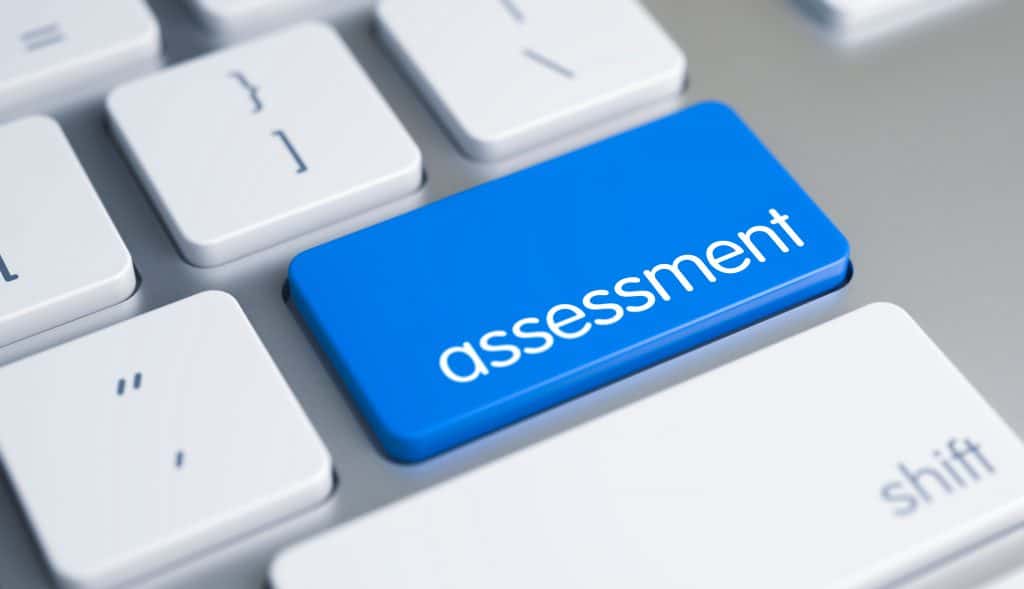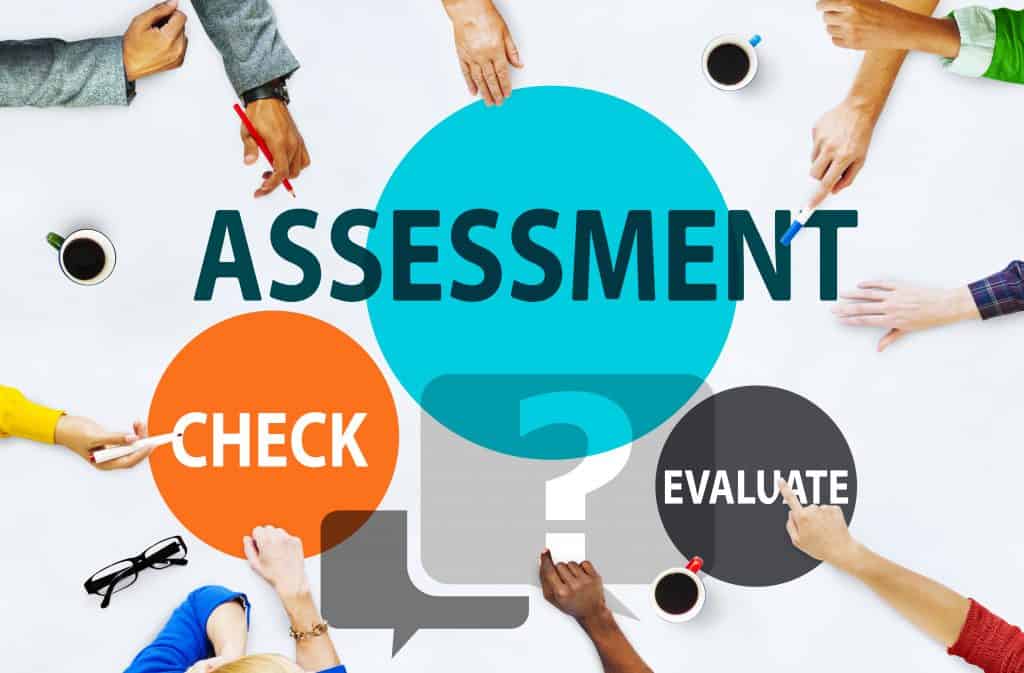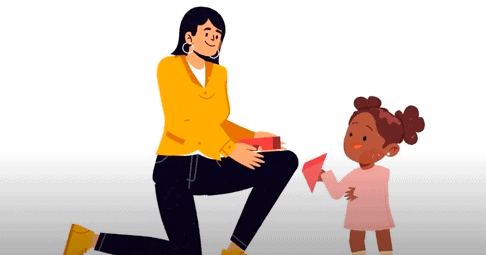theteam@theeducationhub.org.nz
Postal Address
The Education Hub
110 Carlton Gore Road,
Newmarket,
Auckland 1023
Assessment in early childhood education supports positive outcomes for children by informing the programme and teaching practices of the setting.

An overview of the key features of assessment that promotes learning and enhanced wellbeing in early childhood education.

The principles, purpose, focus and different forms of assessment in early childhood education at a glance.

A brief overview of assessment practices for early childhood settings that are grounded in the principles of kaupapa Māori.

An overview of the principles of validity, reliability and fairness that should underpin all educational assessment.

An introduction to the principles of assessment that underlie a ‘system that learns’, encompassing early childhood education, primary school and secondary school.

How one team approaches the documentation of children’s learning.

How respectful documentation can lead to the development of a meaningful and authentic curriculum.

Exploring the importance of literacy at school and in life beyond school.

An animation outlining principles that should guide effective assessment in ECE